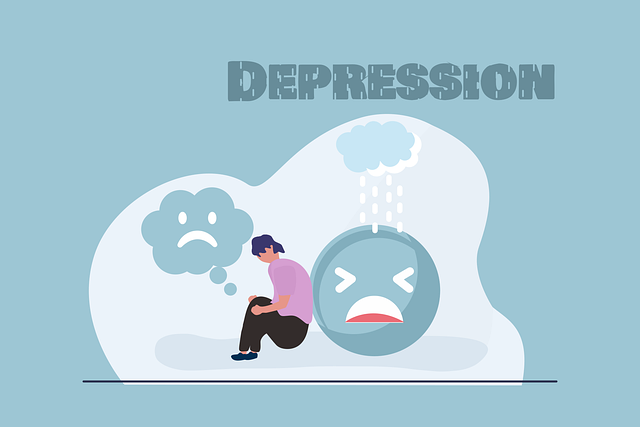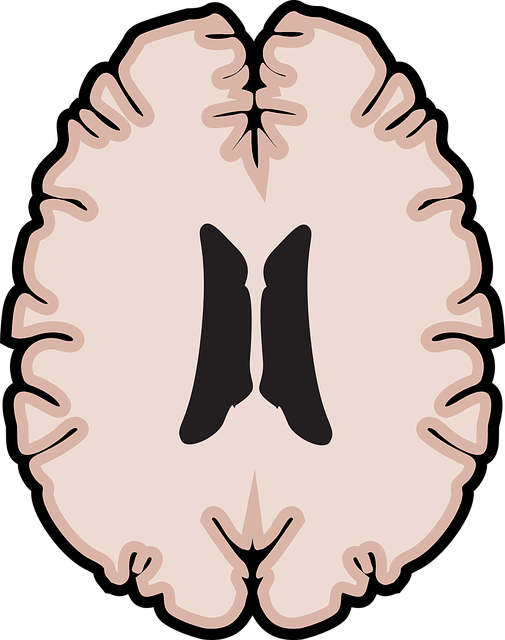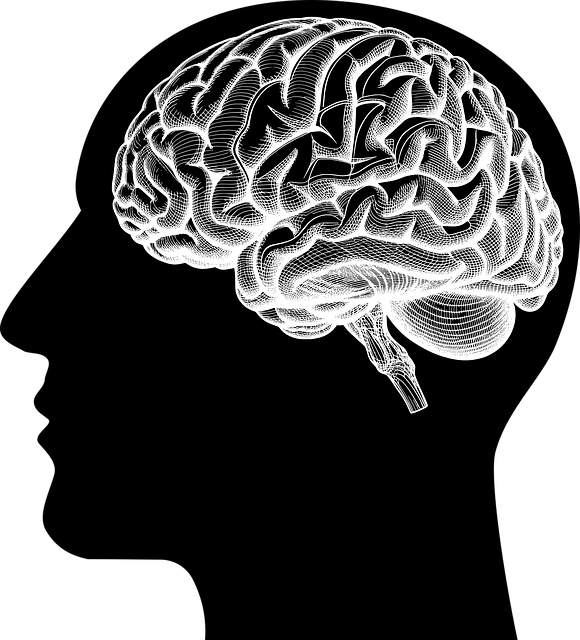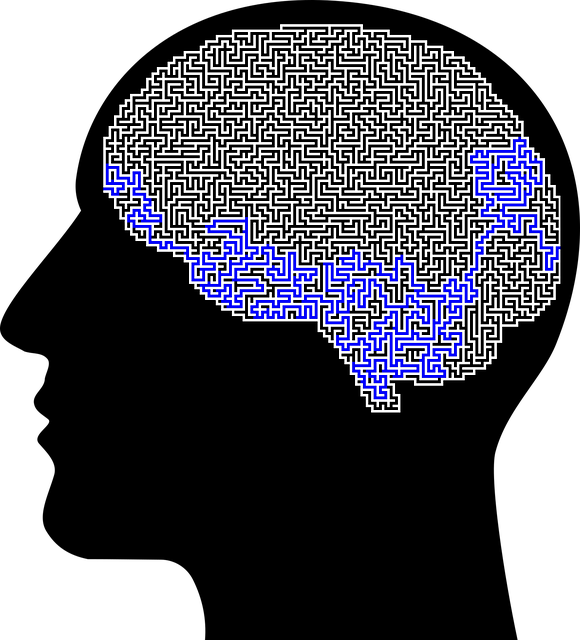Westminster Christian Counseling Therapy (WCCT) offers a comprehensive mental health program that combines biblical principles with evidence-based practices. Their focus on stigma reduction, mood management techniques, and self-awareness exercises empowers individuals to prioritize mental wellness. Through interactive workshops, group discussions, and personalized resources, WCCT provides tailored support for diverse learners, fostering open conversations and early intervention. By addressing trauma holistically—mind, heart, and spirit—they achieve positive outcomes and resilience in served communities, setting a strategic example for continuous improvement in mental health education.
“Mental health education is a pivotal tool in tackling societal stigma and fostering supportive communities. This article explores the intricate process of program design, from debunking common myths surrounding mental health to implementing successful interventions. We delve into the principles that underpin effective programs, offering a practical guide for educators.
A key case study highlights Westminster Christian Counseling Therapy’s approach, demonstrating how tailored education can revolutionize mental healthcare access. Furthermore, we provide strategies for evaluating and improving these initiatives.”
- Understanding Mental Health: Unveiling Common Myths and Stigma
- The Role of Education: Fostering Awareness and Early Intervention
- Designing an Effective Program: Principles and Best Practices
- Westminster Christian Counseling Therapy: A Case Study in Action
- Implementing and Evaluating Success: Strategies for Continuous Improvement
Understanding Mental Health: Unveiling Common Myths and Stigma

Understanding Mental Health involves demystifying common myths and challenging the enduring stigma associated with it. Many people often have misconceptions about mental health issues, which can lead to misinformed attitudes and behaviors. For instance, the belief that seeking help for mental health problems is a sign of weakness fails to recognize the strength required to acknowledge and address these challenges. Such myths contribute to the isolation and suffering of individuals struggling with their mental well-being.
At Westminster Christian Counseling Therapy, we believe in empowering individuals through education. Our programs focus on mood management techniques and mental illness stigma reduction efforts. We offer self-awareness exercises designed to help people understand that mental health is a crucial aspect of overall wellness, just as physical health is. By dispelling these myths and fostering an environment of understanding, we aim to support those facing mental health challenges while encouraging open conversations about well-being.
The Role of Education: Fostering Awareness and Early Intervention

Mental health education plays a pivotal role in fostering awareness and promoting early intervention, which are essential components of effective counseling therapy, as offered by Westminster Christian Counseling & Therapy. Through educational programs, individuals can gain valuable insights into their emotional healing processes and develop skills to manage their mental wellness proactively. These initiatives aim to dispel stigma, encourage open conversations about mental health struggles, and equip people with tools for self-care routine development. By integrating emotional intelligence and mental wellness coaching programs into educational curricula, we empower students to recognize signs of distress early on, seek appropriate support, and adopt healthier coping mechanisms. This proactive approach can significantly contribute to improved overall well-being within communities.
Designing an Effective Program: Principles and Best Practices

An effective mental health education program should be designed with a clear purpose and structured approach, focusing on evidence-based strategies. At Westminster Christian Counseling Therapy, we believe in empowering individuals to take charge of their mental well-being through comprehensive learning. One key principle is adaptability; recognizing that every learner’s journey to better mental health is unique, the program should cater to diverse needs and preferences. This includes offering a mix of interactive workshops, group discussions, and personalized resources to engage and support participants.
Additionally, integrating best practices such as teaching self-care routines for stress management, promoting mindfulness techniques for anxiety relief, and providing tools for burnout prevention strategies among healthcare providers can significantly enhance the program’s impact. By incorporating these strategies into the curriculum, individuals gain practical skills to navigate challenges and maintain a healthy equilibrium in their personal and professional lives. Encouraging open dialogue, fostering a supportive environment, and ensuring regular evaluation of the program’s effectiveness are essential steps towards successful implementation and continuous improvement.
Westminster Christian Counseling Therapy: A Case Study in Action

Westminster Christian Counseling Therapy (WCCT) serves as a compelling case study for effective mental health education program design. This organization has successfully integrated biblical principles with evidence-based practices, offering comprehensive trauma support services and counseling to individuals across diverse demographics. Their approach underscores the importance of combining spiritual nurturing with clinical expertise in mental health policy analysis and advocacy.
WCCT’s program design emphasizes a holistic view of well-being, addressing not just the mind but also the heart and spirit. This multi-faceted strategy has led to positive outcomes, fostering resilience among clients facing various challenges. By leveraging both traditional counseling techniques and faith-based support, WCCT exemplifies how mental health education programs can cater to a wide range of needs, making a significant impact in communities they serve.
Implementing and Evaluating Success: Strategies for Continuous Improvement

Implementing and evaluating a mental health education program is vital for its continuous improvement and long-term success. At Westminster Christian Counseling Therapy, we recognize that designing an effective program involves a strategic approach to both implementation and assessment. To ensure ongoing excellence, regular feedback loops are essential. This includes gathering insights from participants through post-program surveys, which can reveal valuable perceptions about the content, delivery methods, and overall impact. By analyzing these responses, we can identify areas of strength and weaknesses, allowing for targeted adjustments.
Additionally, staying abreast of emerging research in mental health education is crucial. Incorporating evidence-based practices such as Mindfulness Meditation and Burnout Prevention Strategies for Healthcare Providers demonstrates a commitment to quality care. Moreover, addressing Mental Illness Stigma Reduction Efforts through interactive workshops or guest speakers can foster a more inclusive environment. Regularly reviewing and updating the program curriculum based on these factors ensures its relevance and effectiveness in meeting the evolving needs of participants.
Mental health education programs play a pivotal role in fostering understanding, breaking down stigma, and promoting early intervention. As highlighted by the case study of Westminster Christian Counseling Therapy, these initiatives can significantly impact communities. By adhering to best practices, such as incorporating evidence-based strategies, integrating diverse learning methods, and ensuring cultural sensitivity, educators can create effective programs that empower individuals and transform lives. Continuous evaluation and adaptation, inspired by real-world examples like Westminster, are essential to address evolving mental health needs in our society.














